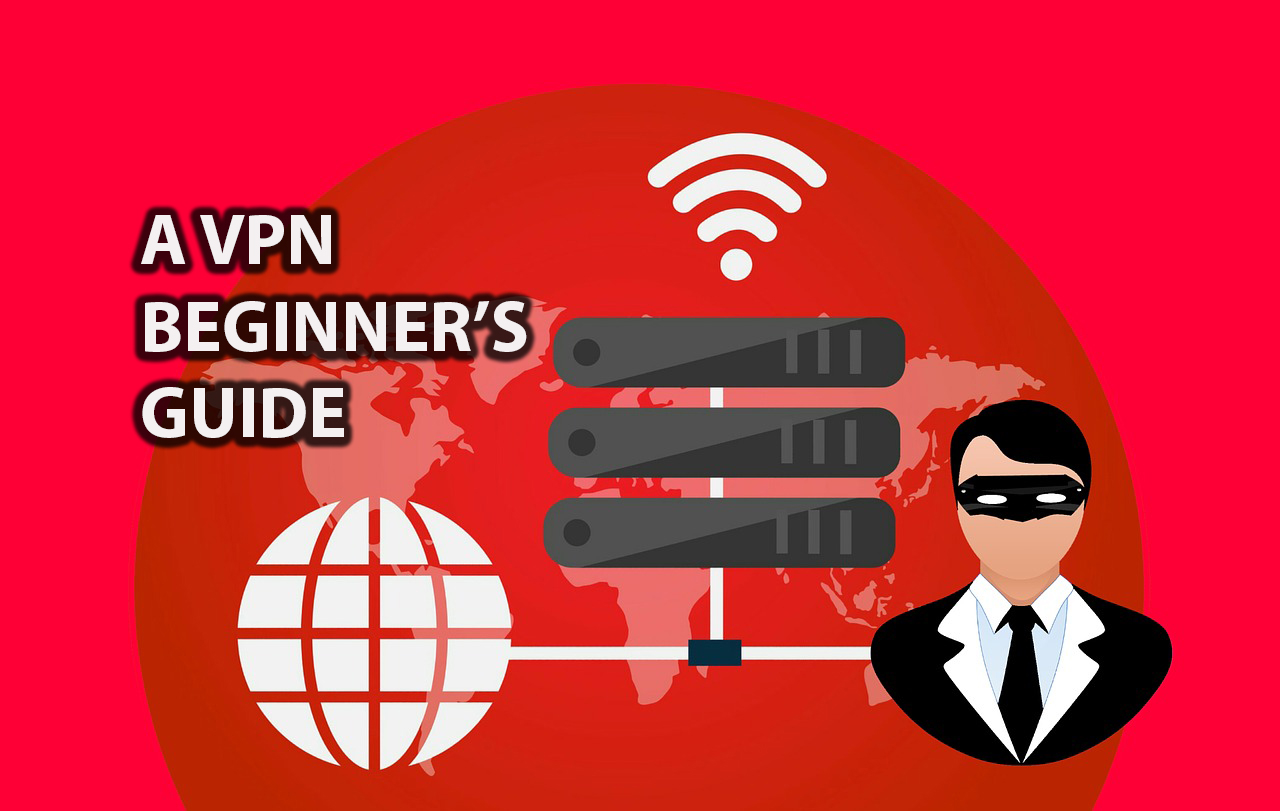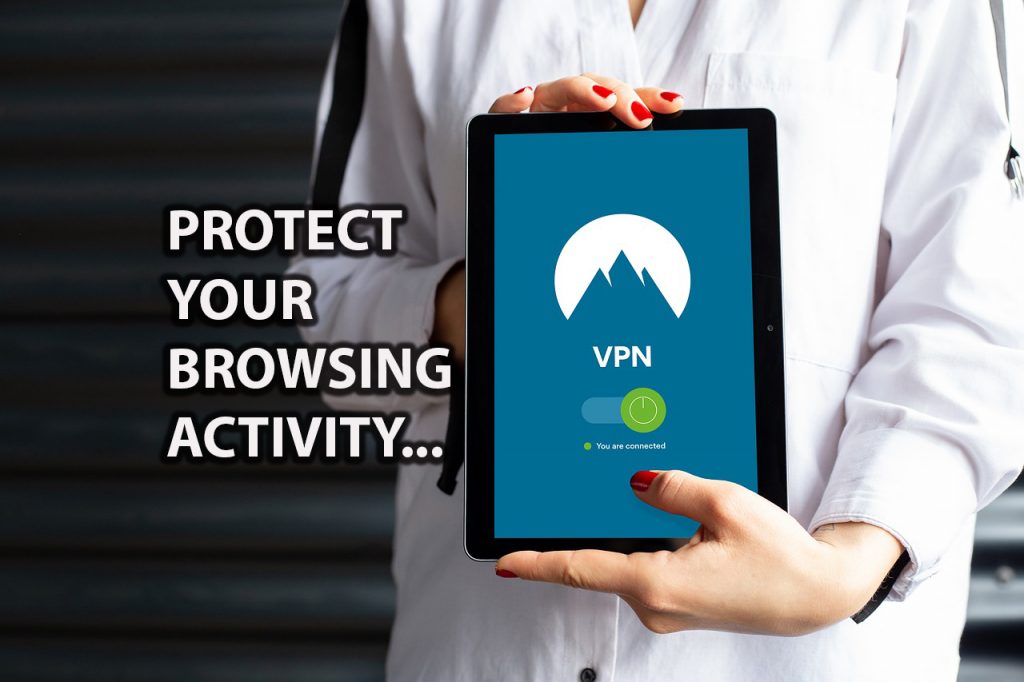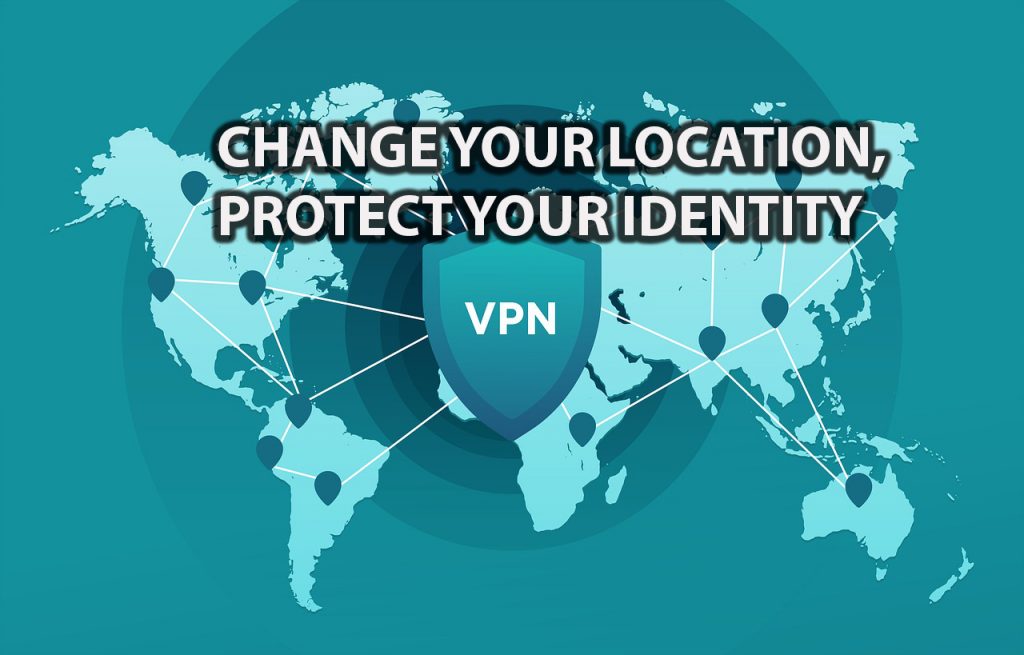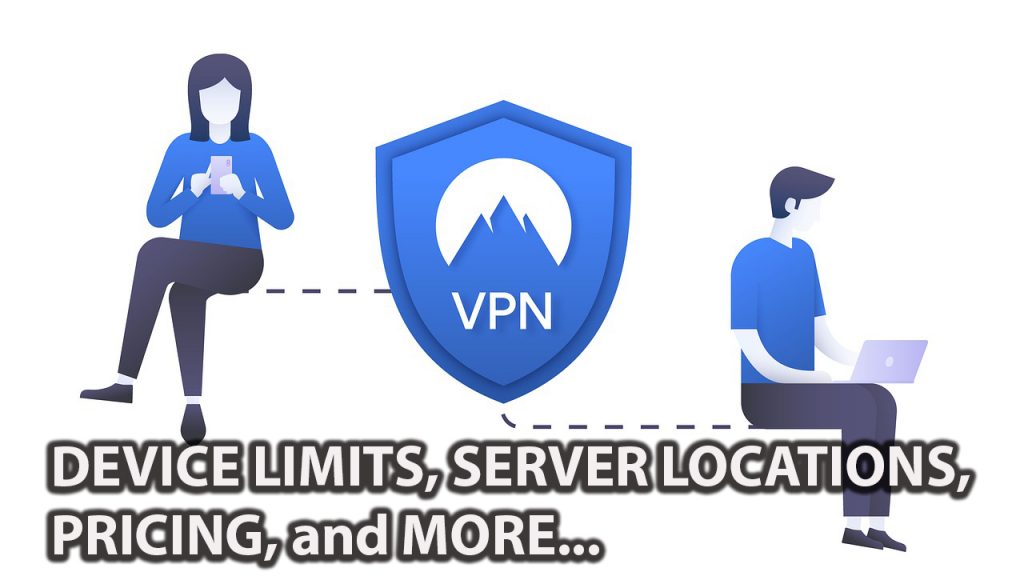
As popularity of virtual private network (VPN) continue to rise, so do the questions and curiosity which often follows. A lot of people simply don’t understand what a VPN is. And of those people, many don’t want to comb through extensive technical jargon to figure it out.
So let’s simplify things, shall we?
A VPN is an internet connection. It does not replace your Internet Service Provider (ISP) such as Comcast or Verizon or whomever you use for Internet access.
Instead, it creates a new layer in your connection. The VPN is a set of servers that allow you to connect. Those servers can be located anywhere in the world.
If a VPN server resides in London, England and you connect to this server, your IP address will now show as London. If you, for example, visit a webpage or fill out an Internet form, or login to your Facebook or bank account, your IP will show a London address.
What’s more?
Your ISP most likely collects all of your web activity. Being they are your Internet Service Provider, they have full access to every web page you browse.
Consider that for a moment. Think about sites you browse, questions you Google, and information you read. All of that information likely builds a profile of who you are as a person. Your interests, politics, and even taste in cars can be easily extracted.
And in all that data, an ISP finds value.
A big company would love to know all of this information about you. Because then they can advertise specific products geared towards the highest probability you purchase.
Furthermore, your personal life’s exposure also comes with a bit of social risk, wouldn’t you say?
VPN Stops ISP Browsing History Collection

The VPN cuts the ISP out of this data. Because you connect through the VPN, your browsing activity never makes it to the ISP. So long as your VPN connection is live and ongoing, your information goes through the VPN servers.
And now you have a pretty obvious question, I’m sure. So does the VPN now store and resell this data?
The answer is complicated.
Of course, a VPN could act in nefarious ways to collect, store, and resell this data. But the best VPN companies understand that they must compete on privacy pitches. This is often called a “no-logging policy.”
A VPN will say it has a “strict no logging policy” as a way to claim it does not store any data. Meaning, if you surf a website, that browsing history never stores anywhere.
In doing so, even if the authorities requested this browsing activity, it wouldn’t exist. There’d be nothing to hand over.
VPN Encrypted Connections

Having a secure Internet connection is essential to your privacy. But what the heck does that even mean? We see “secure connection” all over the web these days, particularly near payment forms.
Putting your credit card information in a web form is stressful stuff.
Encryption helps protect your information from hackers. If you put your credit card number in a web form, an encrypted connection helps squash efforts by hackers to retrieve or collect these information live.
A good VPN encrypts your connects so long as you are connected to that VPN.
The encryption aspect also helps protect your browsing history, something we discussed earlier. You have the right to search the web in private.
What a VPN Does Not Do
If a website stores cookies, the VPN doesn’t stop this. Cookies and random web tracking installs can remain an issue for you.
To combat this issue, use incognito or private mode on your browser. This stops cookies from being stored.
Are VPNs Legal?
Yes, using a VPN is legal. But your web activity remains bound by your country or region’s laws.
In other words, if you are participating in illegal web activities while using a VPN, you are still performing an illegal act. While it may be more difficult for law enforcement to locate you, it does not mean they won’t.
How To Select a VPN

You can always browse our top VPN list and get a good idea of which VPNs are the bee’s knees. It’s a great starting point for a beginner.
Our VPN reviews are influenced by a handful of important consumer factors.
Price
Like most consumer goods, price is a top influencer for a VPN. The “you get what you pay for” applies to VPNs just as it does to cars and speaker systems.
Yes, a free VPN may store logs, but not all do. Some just limit your bandwidth and ask you to upgrade when you want more. If you are someone who just uses the web for basic browsing and email, you might be fine on a VPN. Or if you just want to turn the VPN on when you browse the web, again, you may be fine. If you are a gamer, you likely won’t do well on a free VPN.
Generally, good VPNs run anywhere fro $3/month to $8/month. There are bells and whistles to consider which influence the pricing disparity.
Server Locations and Amount of Servers
A good VPN is going to allow you to choose servers based in countries they have servers. So if you are someone that needs a server in a specific country, the VPNs server location list will matter to you.
Why would you care where your server is located?
You may want to access a streaming platform’s regional content. You might want to see how a webpage looks in India.
Device Support
Don’t forget, your laptop isn’t the only device accessing the Internet. In fact, its likely not even the most important. How often do you search content on your iPhone?
When we review a VPN, we want to see how many devices are supported by a single membership. The average for a good VPN is roughly 8 devices, which typically covers a family. But if you are a gamer with gaming systems and want to cover your Roku or smart TV, well, you may need more VPN device coverage.
Interface
How difficult is it to select a new country in your VPN’s interface? Does your VPN have a kill switch that’s easy to use? Oh, wait, what is a kill switch?
Can you use your VPN mobile app easily?
Interfaces matter a whole lot, its why we review them on every VPN we use.
Conclusion
A VPN is a pretty straightforward experience. A VPN creates a new layer over your ISP that cuts your ISP out of storing or viewing your web browsing activity. A VPN encrypts your connection so that your IP doesn’t leak while filling out web forms.






